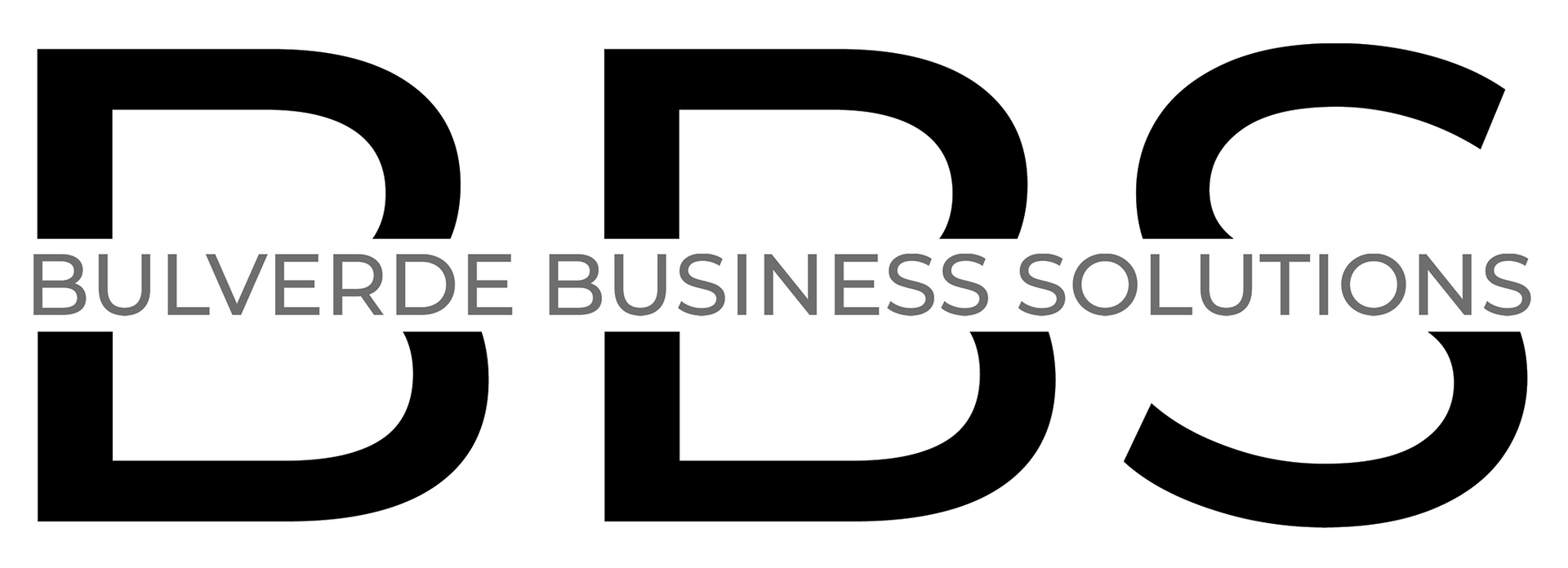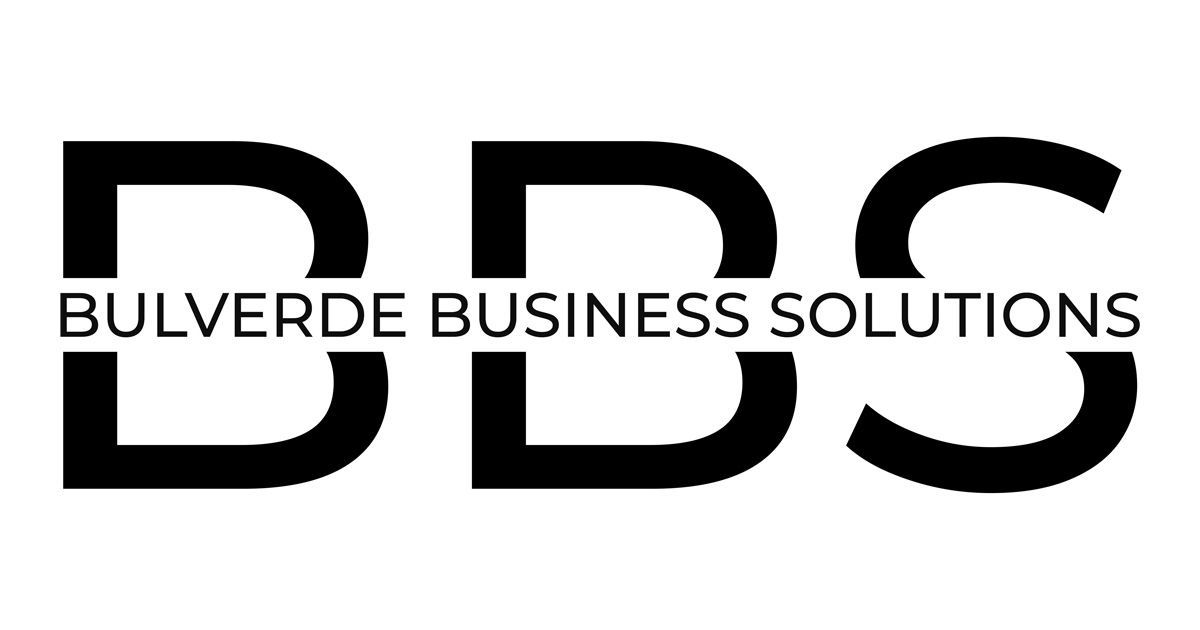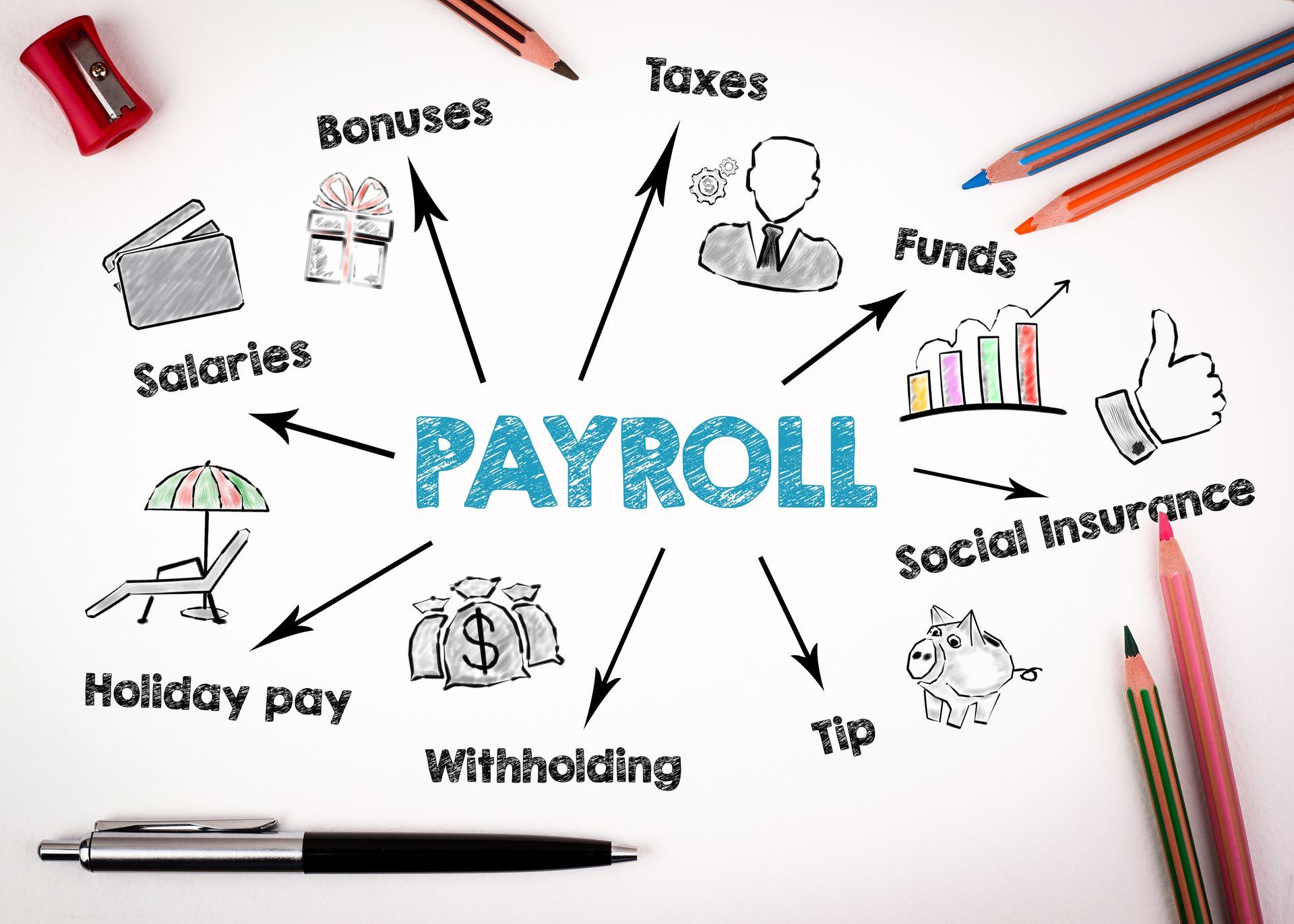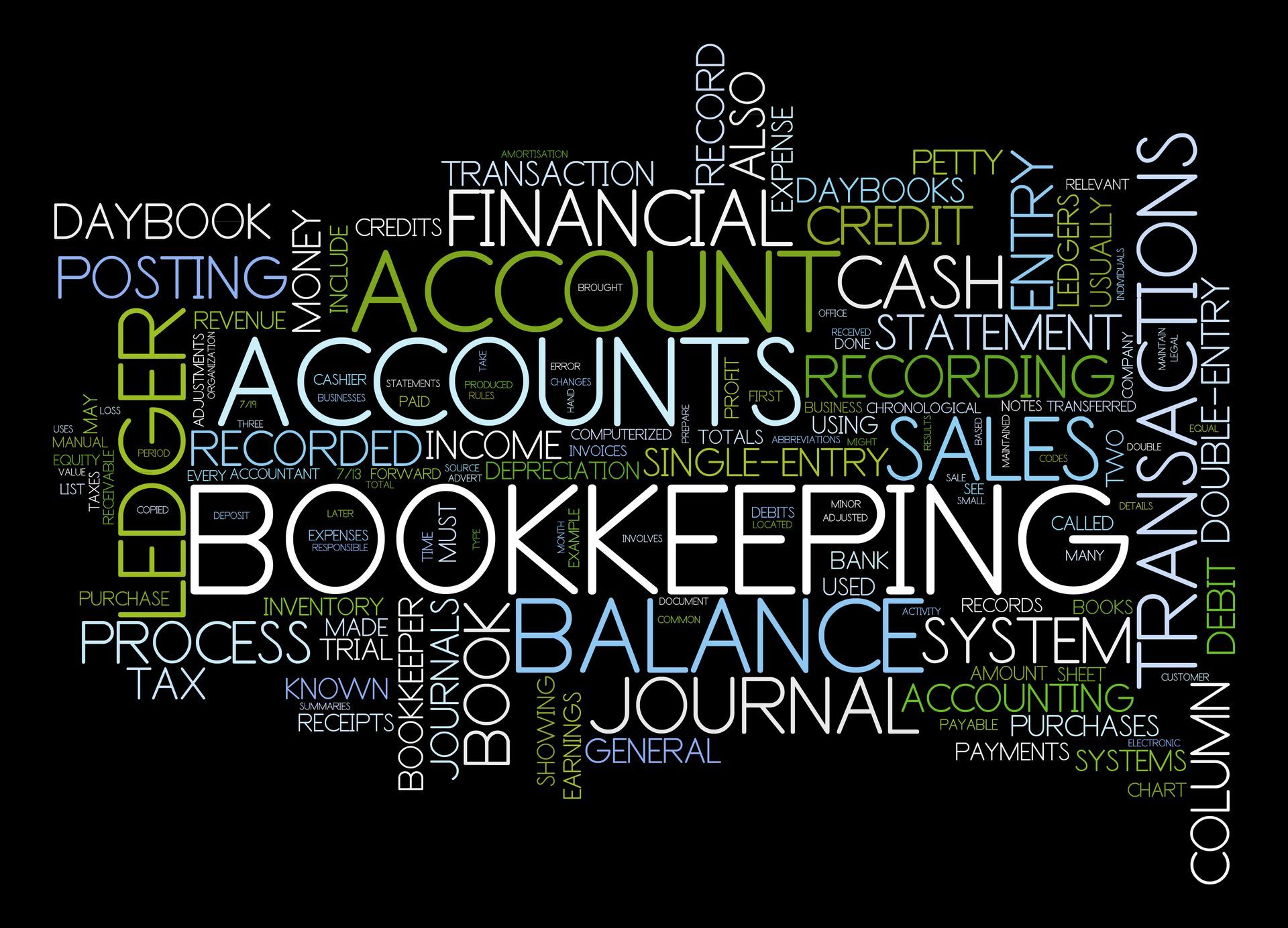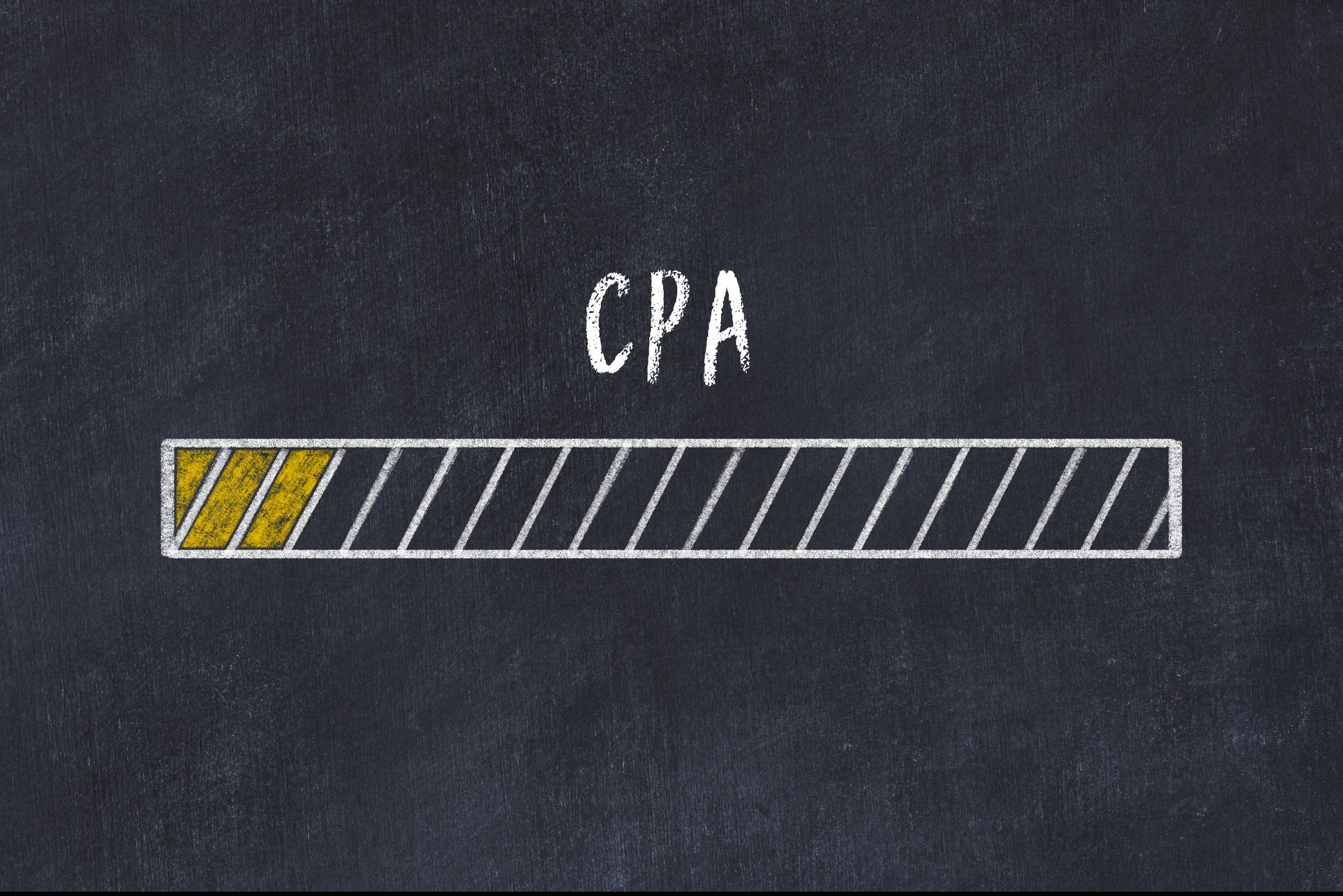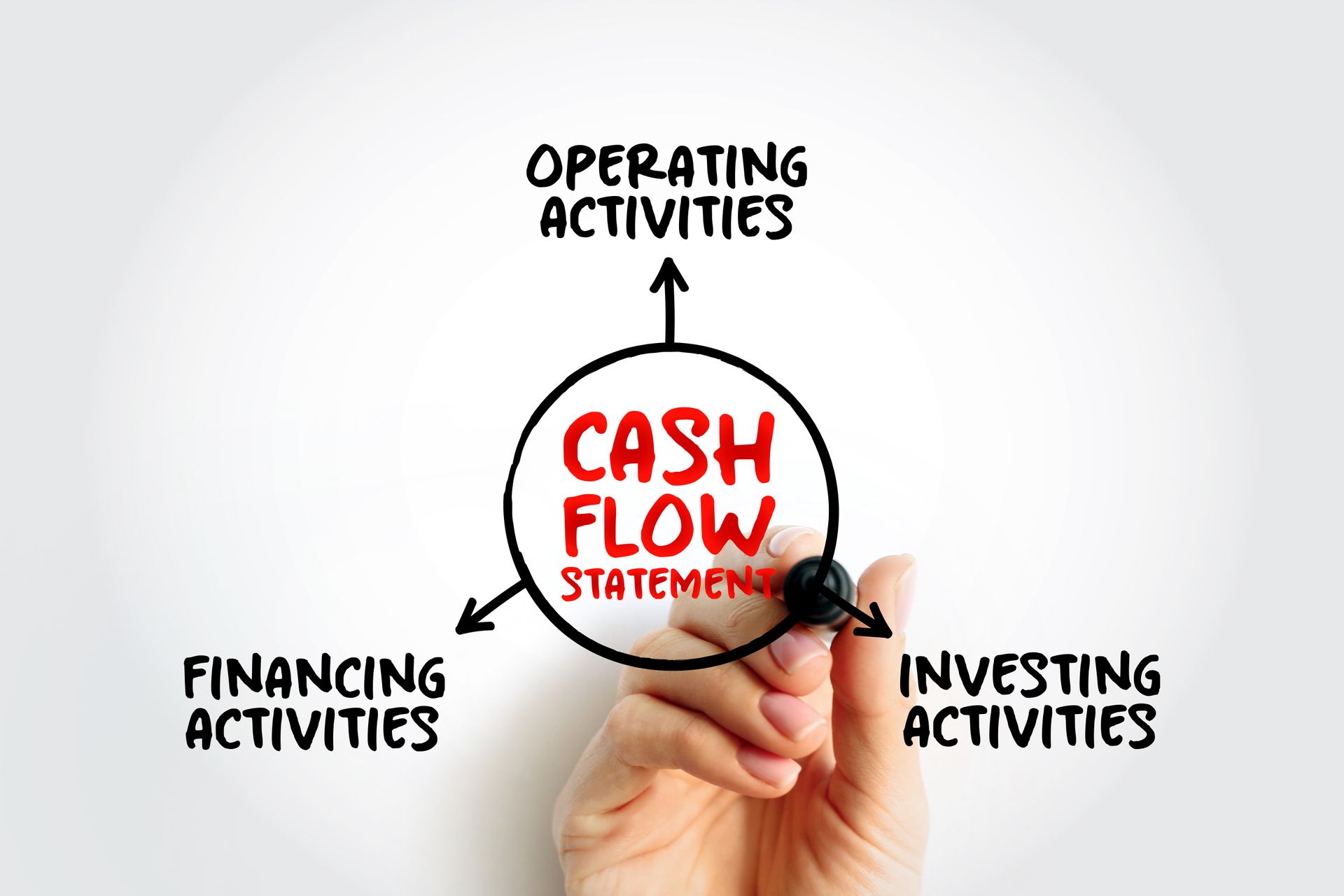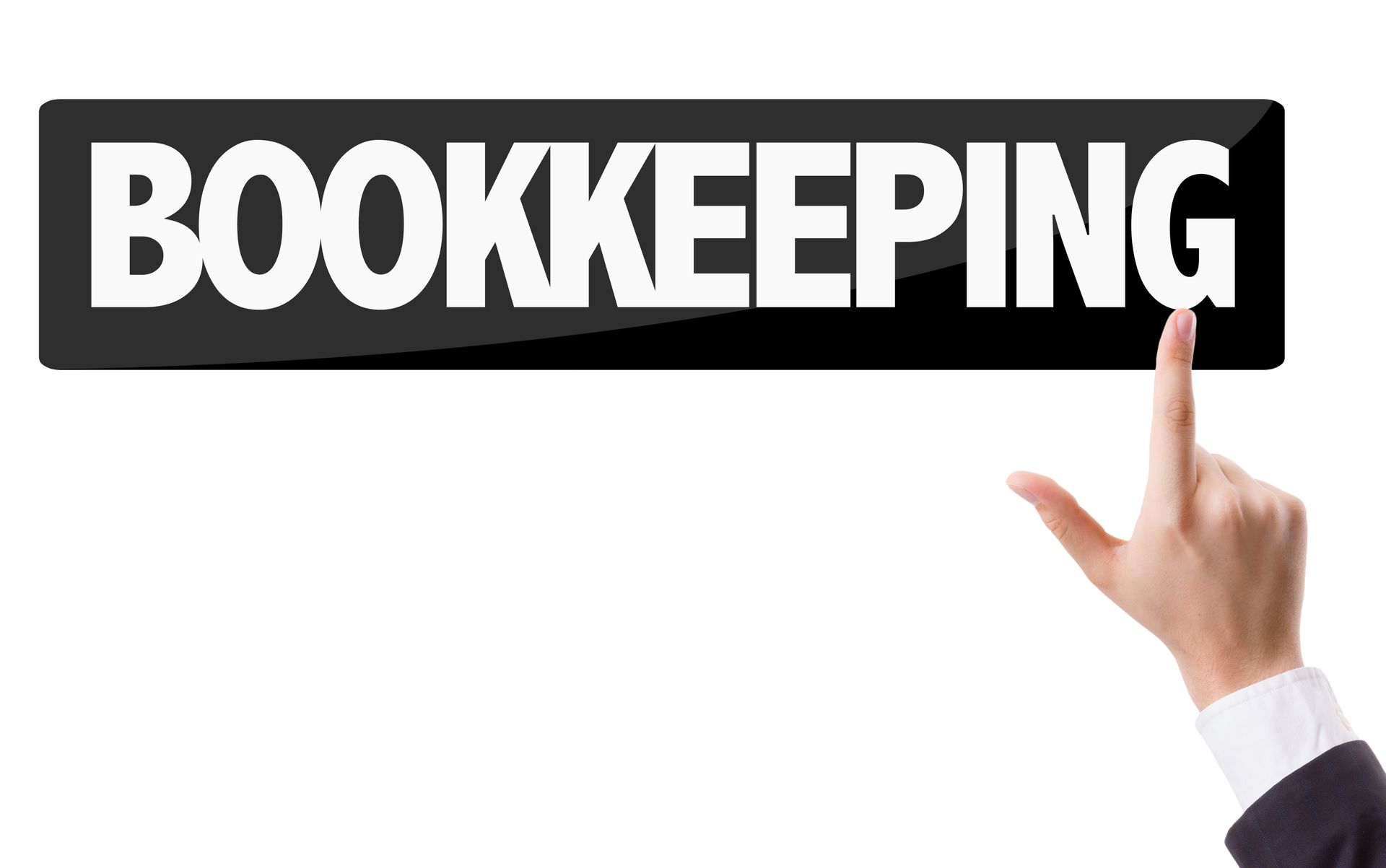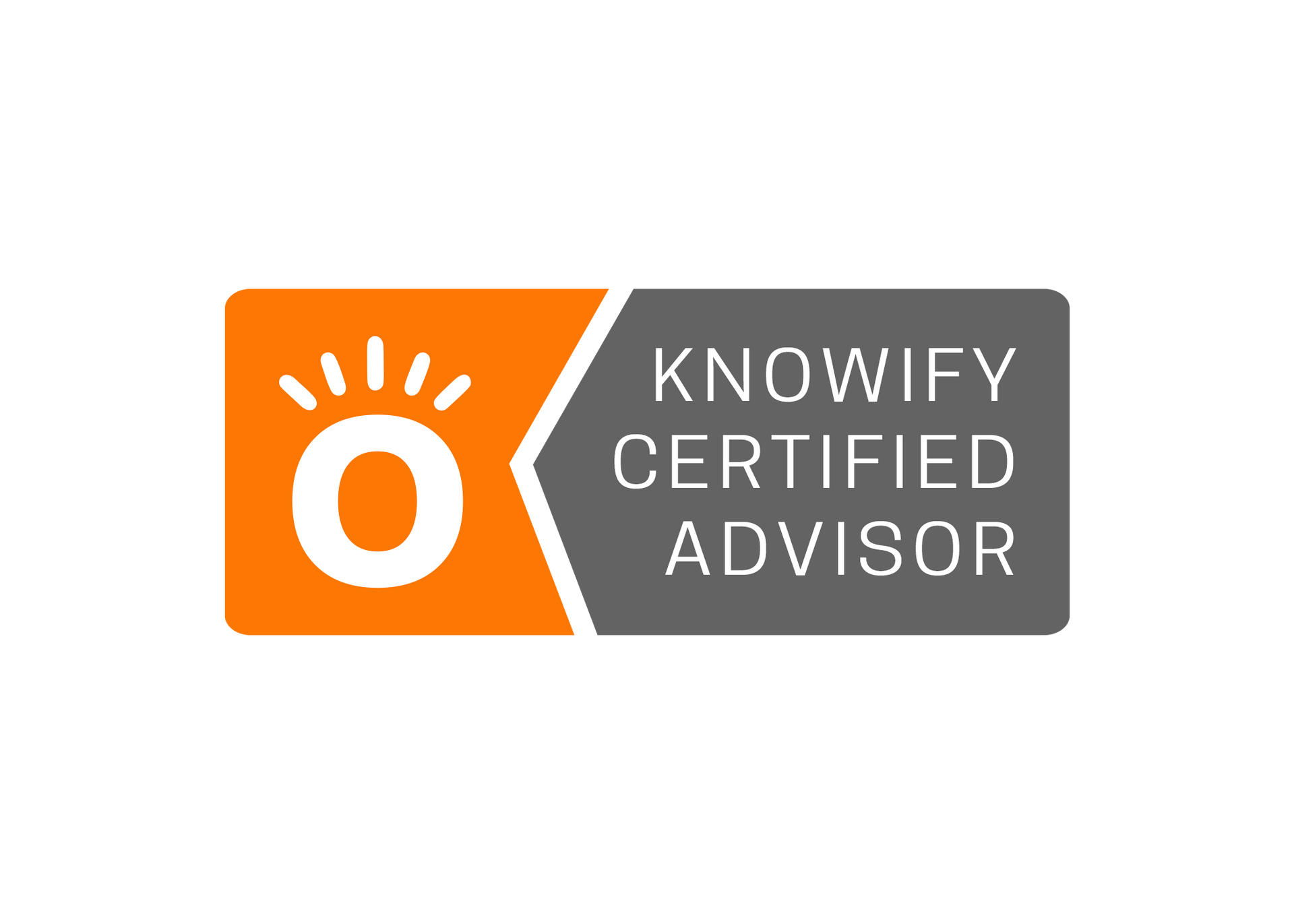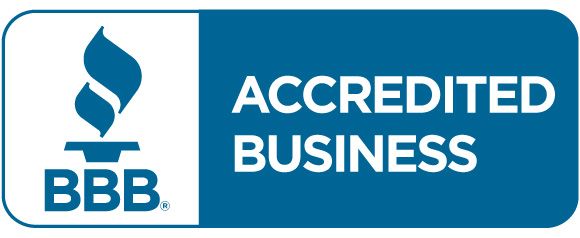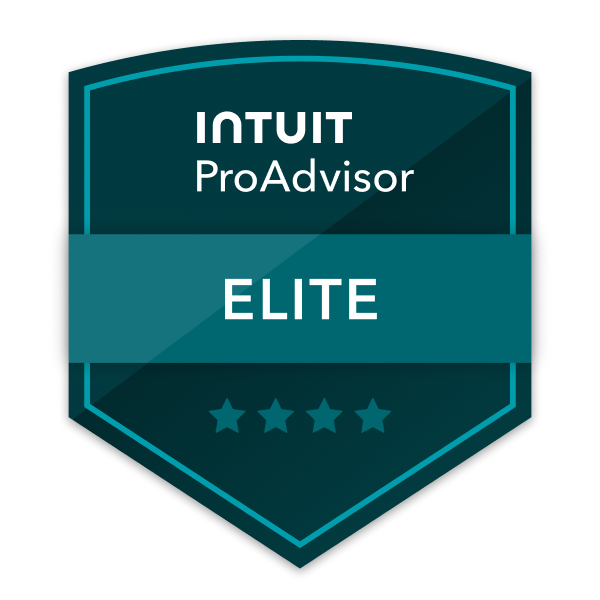How to Find the Perfect Bookkeeper
Finding the perfect bookkeeper can be a daunting task.
Whether you're a small business owner, an entrepreneur, or an individual, the right bookkeeper can make a difference. They can streamline financial processes, ensure accuracy, and provide valuable insights.
But what qualities should you look for in a bookkeeper? In this guide, we'll explore the essential traits of a top-notch bookkeeper
.
We'll delve into the importance of attention to detail, proficiency in accounting software, trustworthiness, and strong communication skills.
We'll also discuss the rise of virtual bookkeepers and how to evaluate different bookkeeping solutions. By the end of this article, you'll understand how to find a bookkeeper who is the perfect fit for your needs.
Understanding the Role of a Bookkeeper
A bookkeeper plays a crucial role in managing your financial records. They are responsible for recording all transactions, including sales, purchases, payments, and receipts.
Their work forms the basis for accurate financial reporting and strategic decision-making. A good bookkeeper can help you understand your financial health, manage cash flow, and prepare for tax season. They can also provide valuable insights for business planning and growth.
Essential Qualities of a Top-Notch Bookkeeper
When looking for a bookkeeper, certain qualities set the best apart. These qualities are not just about technical skills but also about personal attributes.
A top-notch bookkeeper should have a keen eye for detail, proficiency with accounting software, and high ethical standards. They should also possess strong communication and organizational skills.
Here are the essential qualities to look for:
- Attention to detail
- Proficiency with accounting software
- Trustworthiness and ethics
- Strong communication skills
- Organizational skills
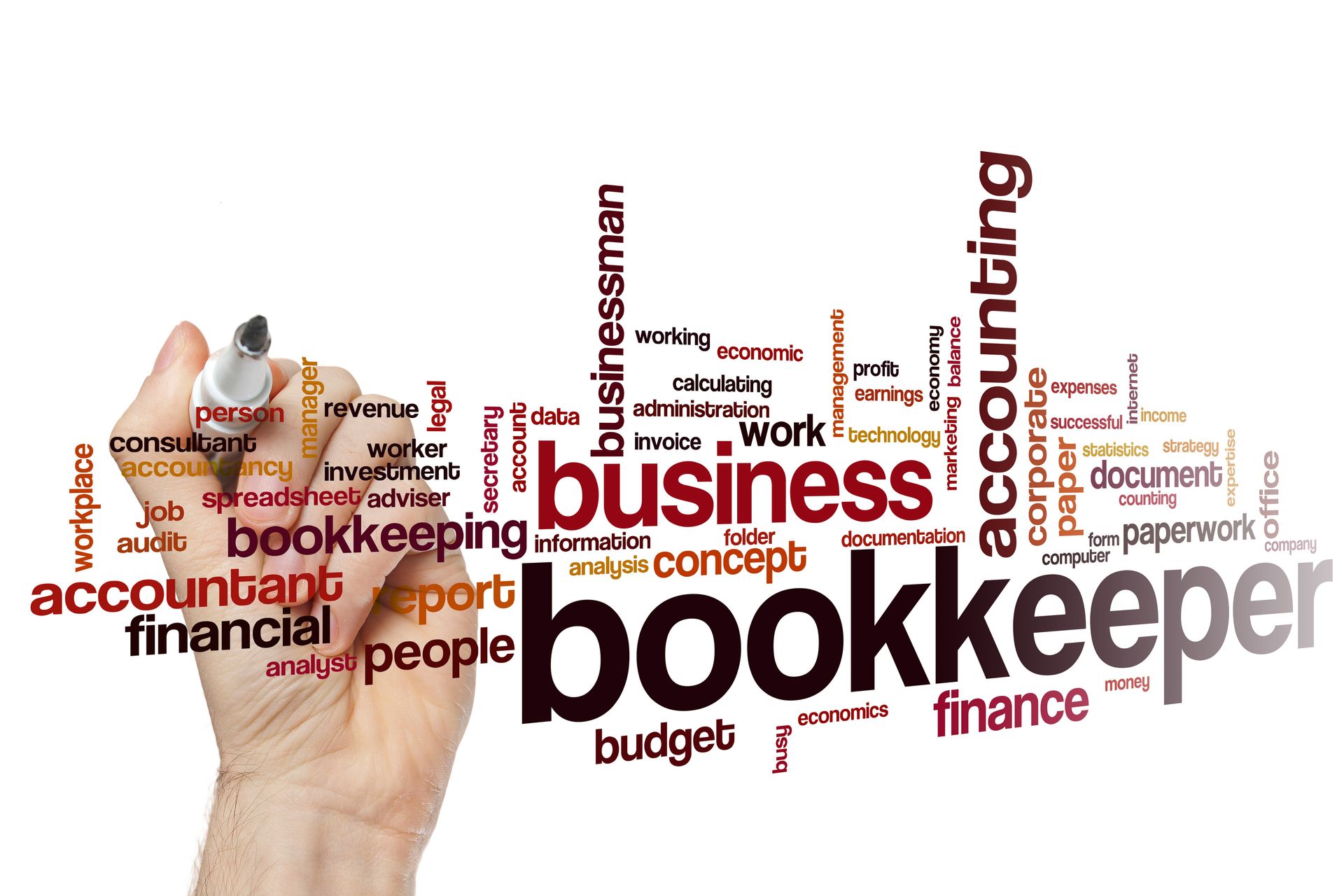
Attention to Detail
Attention to detail is a critical quality for a bookkeeper. They must accurately record every financial transaction, no matter how small.
A single error can lead to significant financial discrepancies. Therefore, a good bookkeeper must be meticulous and thorough in their work.
Proficiency with Accounting Software
In today's digital age, proficiency with accounting software is a must. A good bookkeeper should be familiar with popular accounting platforms like QuickBooks, Xero, or Sage.
They should be able to leverage these tools to streamline bookkeeping processes and generate accurate financial reports.
Trustworthiness and Ethics
Bookkeepers handle sensitive financial data. Therefore, they must be trustworthy and uphold high ethical standards.
They should respect confidentiality and demonstrate integrity in their work. You should feel confident entrusting your financial information to them.
Strong Communication Skills
Good communication skills are essential for a bookkeeper. They should be able to explain complex financial concepts in simple terms.
They should also inform you about your financial status and any issues. Regular, clear communication helps ensure that you're always in the loop.
Organizational Skills
Bookkeeping involves managing a large volume of financial data. Therefore, a good bookkeeper should have strong organizational skills.
They should be able to keep records orderly and retrieve information quickly. This efficiency can save you time and help avoid financial confusion.

The Rise of the Virtual Bookkeeper
The digital age has seen a rise in the demand for virtual bookkeepers, who offer the same services as traditional bookkeepers but work remotely.
Virtual bookkeepers leverage technology to provide efficient and flexible bookkeeping solutions. They can be an excellent fit for businesses seeking cost-effective and adaptable financial management.
How to Find a Bookkeeper for Your Business
Finding the right bookkeeper for your business can be daunting. However, the process can be simplified with a clear understanding of what to look for.
Start by identifying your specific bookkeeping needs. This could include managing accounts payable and receivable, payroll, or financial reporting.
Next, consider the following steps:
- Assessing experience and certification
- Checking references and reputation
- Interviewing potential candidates
Assessing Experience and Certification
Experience and certification are vital factors to consider when hiring a bookkeeper. A certified bookkeeper has undergone rigorous training and passed exams to demonstrate proficiency.
Additionally, a bookkeeper with experience in your specific industry can provide valuable insights and understand your business's unique financial challenges.
Checking References and Reputation
A bookkeeper's reputation can tell much about their work ethic and reliability. Ask for references and take the time to contact them.
Online reviews and ratings can also provide insight into a bookkeeper's reputation. Look for consistent positive feedback and note any recurring issues mentioned by previous clients.
Interviewing Potential Candidates
The interview process is a crucial step in finding the right bookkeeper. This is your opportunity to assess their communication skills, problem-solving abilities, and overall fit with your business culture.
Prepare a list of questions that address your specific bookkeeping needs. Also, discuss their approach to financial reporting, tax preparation, and data security tasks.
Evaluating Bookkeeping Solutions
Once you've identified potential candidates, it's time to evaluate their bookkeeping solutions. This involves considering their services' cost, scalability, and flexibility.
Remember, the cheapest option may not always be the best. Consider the value and return on investment a bookkeeper can provide.
Cost-Effectiveness
When evaluating the cost-effectiveness of a bookkeeper, consider both their fees and the value they bring to your business. A good bookkeeper can help you save money by identifying financial inefficiencies and providing strategic advice.
Also, consider the time and resources you'll save by outsourcing bookkeeping tasks. This can free up your time to focus on other aspects of your business.
Scalability and Flexibility
As your business grows, your bookkeeping needs will likely change. It is essential to find a bookkeeper who can adapt to these changes and scale their services accordingly.
Additionally, look for a bookkeeper who offers flexible services. This could include the ability to work remotely, adjust their hours to fit your schedule or provide additional services as needed.
Conclusion: Making the Right Choice
Finding the perfect bookkeeper is crucial to ensuring your business's financial health. By focusing on the essential qualities, evaluating their services, and considering your specific needs, you can find a bookkeeper who will be a valuable asset to your team and contribute significantly to your business's success.
Get a Free Consultation
Accurate, weekly bookkeeping tailored to small business owners—so you can grow with confidence.
Latest Posts

